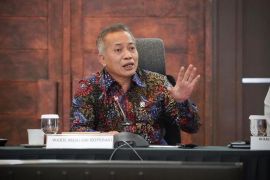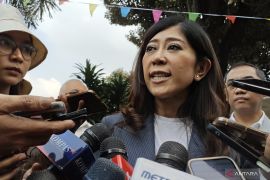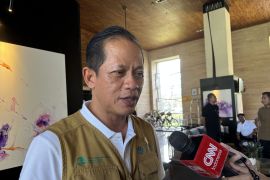"This OTT policy will address three things, the first being customer service," Rudiantara remarked in Jakarta on Wednesday.
Rudiantara noted that such services require the physical presence of foreign service providers based on information technology in Indonesia.
"What matters is the (physical) presence, they have to create a company here, so that it can provide opportunities for people if they want to lodge a complaint," the minister noted.
He explained that the presence of these service providers can be represented by a national service provider if it is not ready to open branch office in the near future.
"It can be represented by mobile operators, because of their unfamiliarity with the market conditions if they establish offices here," Rudiantara remarked.
The second thing that will become the main issue in the Ministerial Regulation governing the operation of digital companies in Indonesia is the legal obligations.
Meanwhile, the third thing is about the fiscal issues related to tax levies that will be imposed if it is known that the company is benefiting from economic activities in Indonesia.
"For example, if Spotify enters Indonesia, it can be presented by Indosat. Any problem can also be addressed by Indosat and its obligation can also be represented by Indosat. The tax is also paid by Indosat on behalf of Spotify," Rudiantara noted.
Rudiantara acknowledged that these three are schemes that have been adapted to the present times because of the change in the companys business model and the rapid growth of world of digital economy.
"We should be flexible because business models are now changing and dynamics is happening. We need to be adaptive to the changes," he revealed.
Rudiantara promised the issuance of the ministers regulation, which, after undergoing a public test, will be issued immediately in the near future or at least before the end of 2017. (*)
Editor: Heru Purwanto
Copyright © ANTARA 2017











